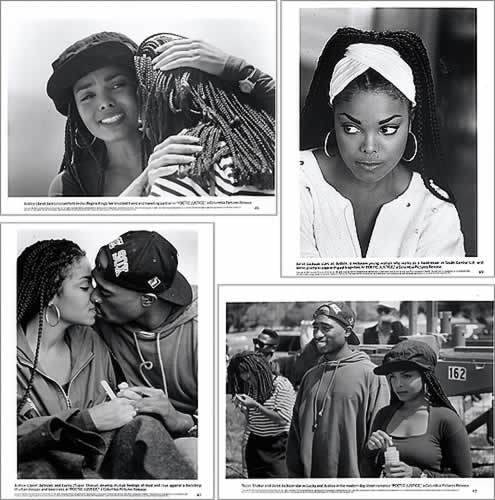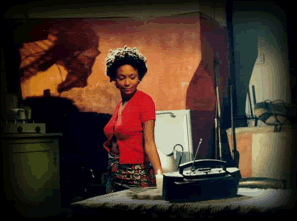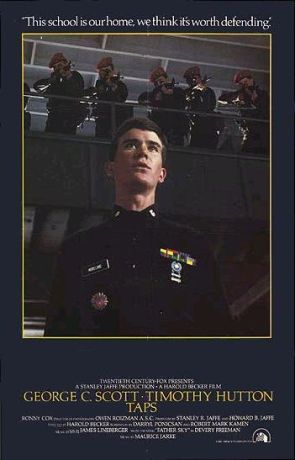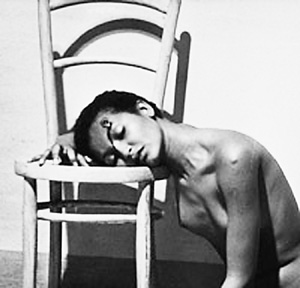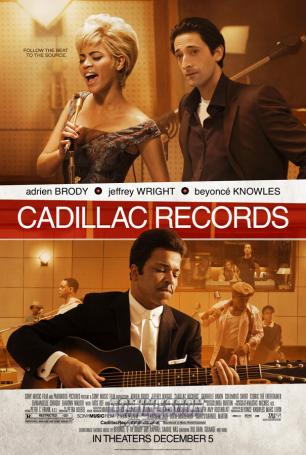
Meh. Nothing special.
and that is a tragedy. I'm glad that millions of people will learn some of the profound history of Chess Records from this film and it has reminded me of some music that I have neglected to purchase. But the deep, powerful, universal themes of the music and lives of the people who built the house of Chess Records are not effectively portrayed by this film. It's there in the screen play and the acting comes close to being affecting. But by encompassing all of the characters from Len Chess to Chuck Berry, no one's story gets told very well.

And I feel that this is a little petty, but Beyoncé should have tried harder to imitate Etta James rather than relying on the vocal techniques that distinguish her own career. It made the second half of the film a modern reinterpretation of the music, and mirrored the challenge facing the original artists as those like the Beach Boys and Elvis delivered paler versions of their work. Beyoncé's versions of James' classics just feel plastic and cheap, like a crappy toy manufactured in China, rather than the original word-carved creation that your grand-dad played with. She does a decent job with the acting but is not believable as a junky. She doesn't gasp the true well of sorrow that James could access in her songs.

Jeffrey Wright knocks another performance out of the park. That man is simply amazing. He is a true chameleon. He is extraordinary in transforming himself into another person so far from his own life in aspect and quality, while at the same time creating an inner world of extreme depth and vastness. I stand amazed by him again.

As for Adrien Brody, he was wonderful in The Pianist, but this is another film that shows what an exception that film is. Perhaps he was not given the material to flesh out or the direction to force him to greater depths, but the depiction of Len Chess felt flat and cursory. This character felt common and too familiar. The hardworking business man who was never home and struggled to maintain success. The moments that evidence the extraordinary character of Chess don't seem to translate into the man himself and feel just like logical indications rather than truthfulness or innate qualities.
All in all, it wasn't a terrible movie. It was competently written and directed by Darnell Martin, a rare female director working in Hollywood. But this film lacks the potent emotion and deeper psychological complexity she has shown herself capable of with her break-out film, I Like It Like That (1994). It seems all of her work in television serials, like Law & Order, has done her great harm as a director since this film suffers greatly from an efficient pace and frugally clean direction.










